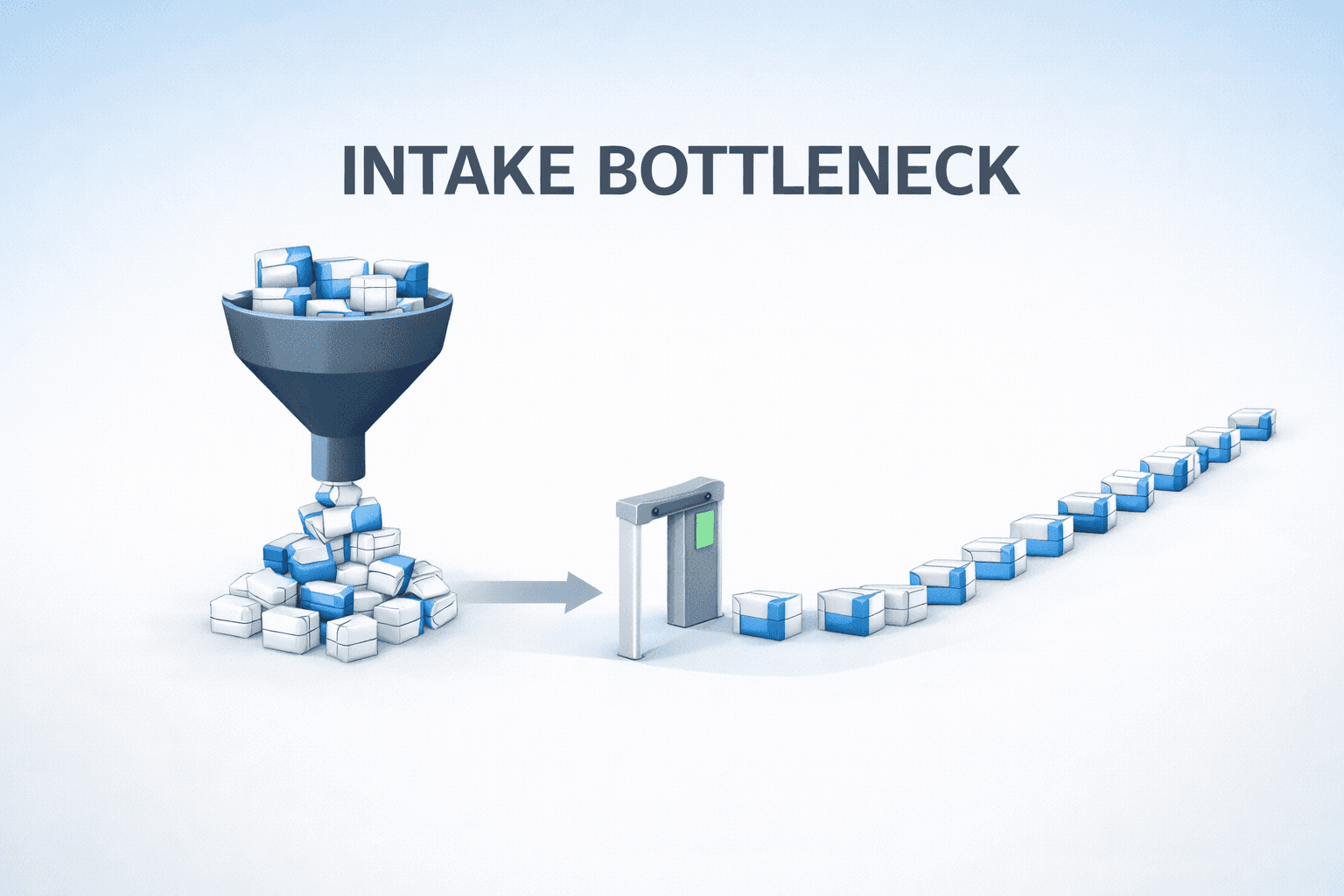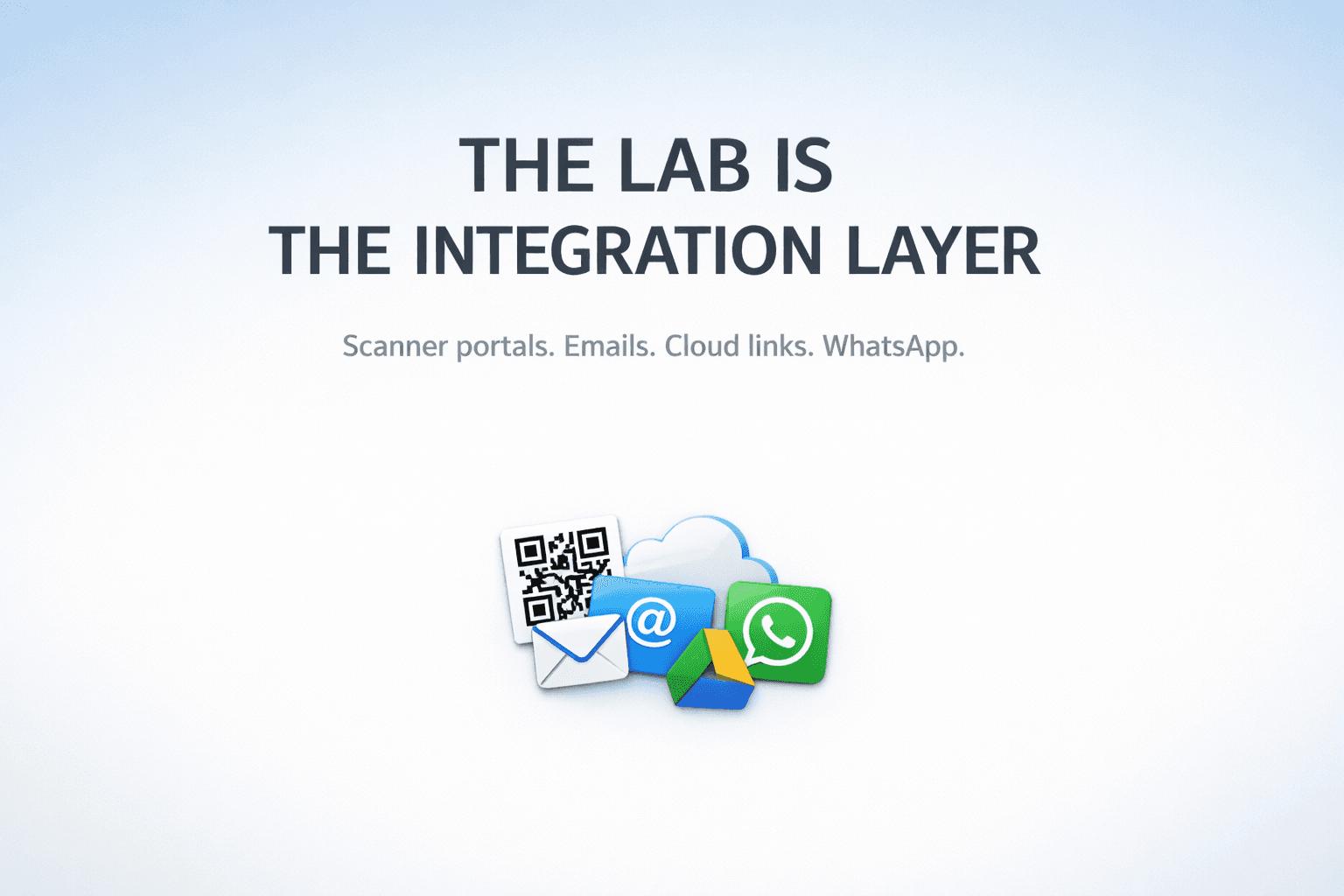May 27, 2025
In recent years, the dental industry, especially the clear aligner sector, has become deeply dependent on global supply chains. Clinics in the UK routinely source aligners, materials, and technology from Asia, the EU, and North America. This system, once celebrated for its cost efficiency and scale, is now under pressure from all directions.
Between tariffs, customs bottlenecks, and fractured international trade relationships, the global model that once delivered value is now delivering delays and rising costs. Yet amid this turbulence lies a critical opportunity, especially for UK-based dental labs.
While the current environment may hurt imports, it’s a blessing in disguise for “Made in Britain.”
How Tariffs and Border Checks Are Raising the Cost of Dentistry
1. Tariffs on Medical and Dental Goods'
Post-Brexit duties and paperwork on EU-origin products
Import charges from Asia and the US on scanners, plastics, and parts
Increased surcharges from logistics providers
2. Customs Delays and Bureaucracy
Border friction has re-emerged, even within Europe
Aligners and equipment are regularly held up at customs
3. Currency Volatility and Geopolitical Risk
A weakening pound raises costs for dollar-priced goods
Trade relationships shift unpredictably, increasing risk for importers
The outcome? Longer delivery timelines, reduced margins, and higher costs across the board.
Can Trade Deals Help?
Yes, but not right away.
UK–India Trade Deal
Tariff-free access to Indian aligners and materials
48-hour customs clearance agreement
Innovation partnerships and IP protection
UK–EU Brexit Reset
Aims to reduce customs friction
Regulatory misalignment still causes delays
UK–US Trade Prospects
Long-term potential for cheaper scanners and high-end tools
Politically delayed and unlikely to impact labs soon
The “Made in Britain” Advantage, Right Now
UK-based labs are gaining traction thanks to:
Speed & Reliability
No customs delays
Same-day or next-day case turnaround
Trust & Support
In-time-zone communication
Real-time case revisions and collaboration
Cost & Compliance
No currency shocks or border taxes
Full alignment with MHRA & GDC standards
Proximity Sells
Clinics want partners who can act fast and fix problems
Strategy for UK Labs: Win the Now, Prepare for the Next
1. Digitize Operations
AI-driven planning, automated workflows
Enhanced inventory and communication systems
2. Use Trade Deals Tactically
Import cheaper raw materials (e.g. from India)
Retain planning, QA, and clinician relationships locally
3. Market Local as a Strength
Emphasize quality, agility, and regulatory assurance
Reframe “local” as a premium differentiator
Final Thoughts: Global Uncertainty, Local Opportunity
Trade deals will eventually help stabilize supply chains. But right now, being local is a superpower. UK labs that embrace agility, digitization, and proximity will not only survive, they’ll lead.
Intake Triage is Eating Your Best People
January 27, 2026
The Lab Became the Integration Layer (and nobody asked us)
January 27, 2026
Matt Everatt joins as an advisor to Smile Genius
December 18, 2025




